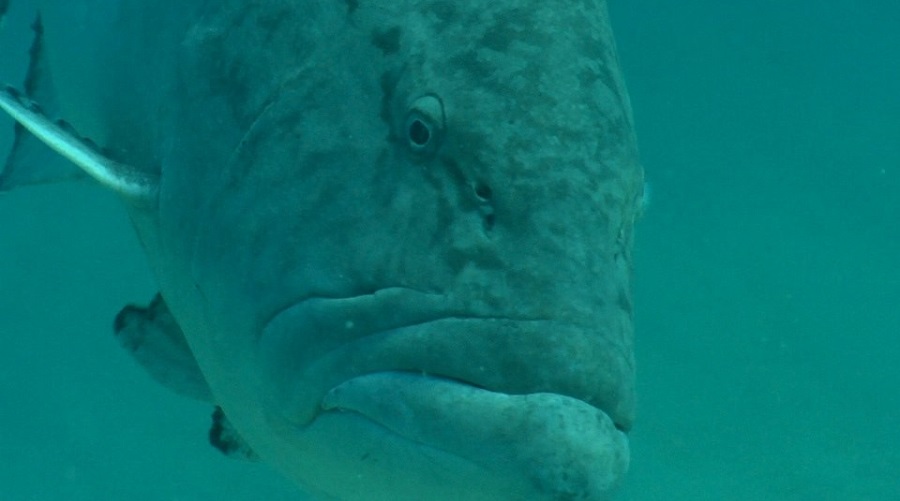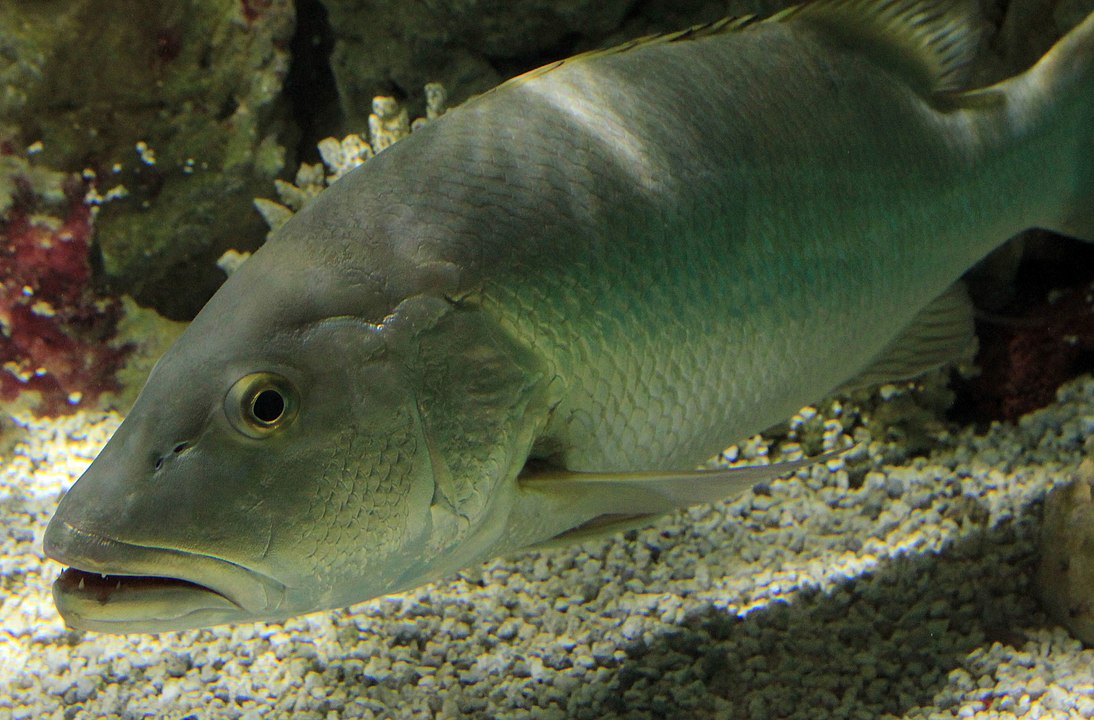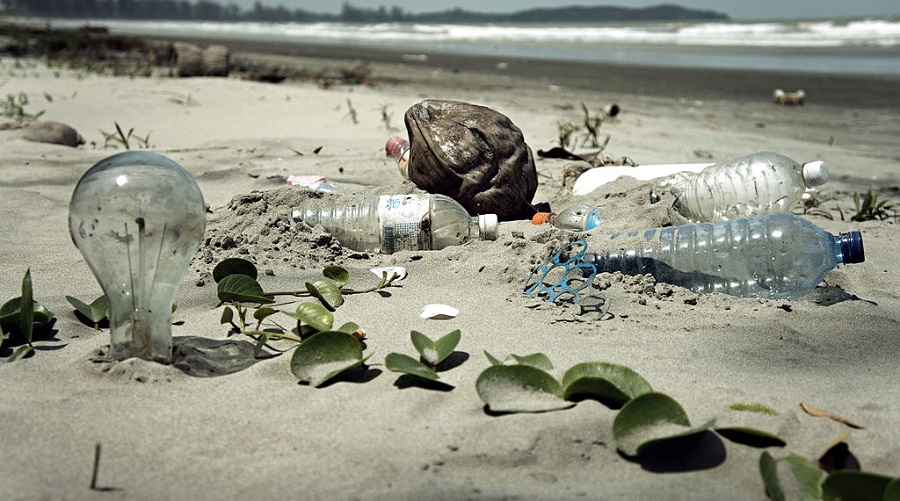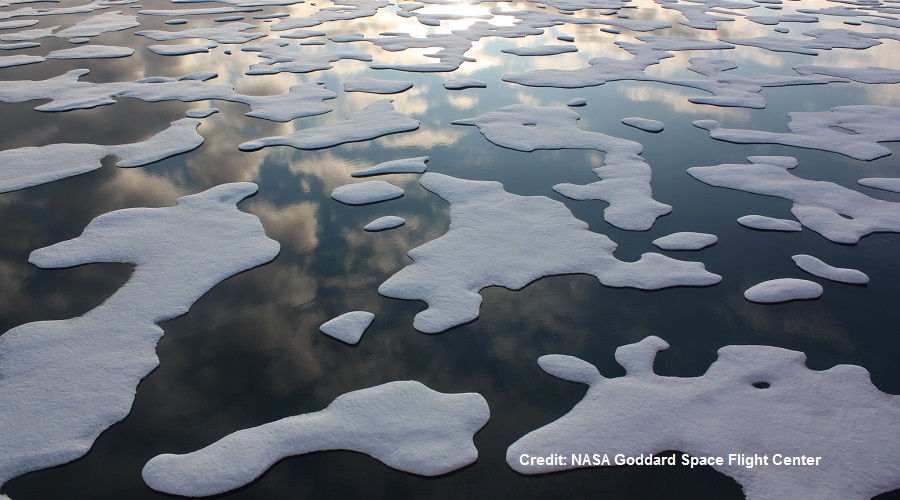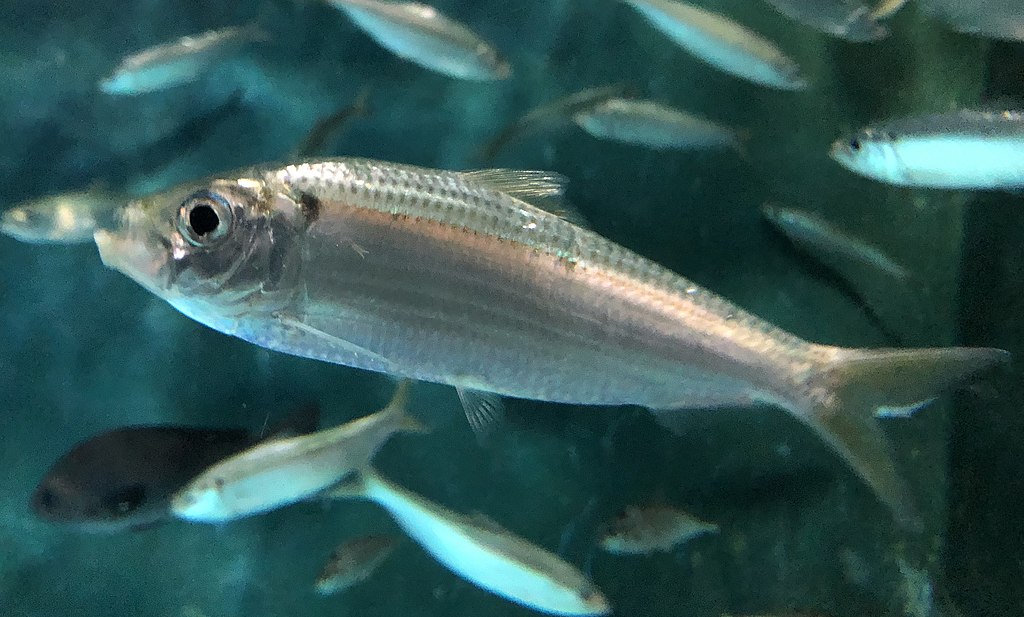
Japanase sardinella. Image by Totti, Wikimedia Commons.
Smaller fish and invertebrates, such as gazami crab or Japanese sardinella, are replacing larger, more commercially valuable fish such as largehead hairtail in the Bohai Sea in northeastern China.
A new study by scientists with the Chinese Academy of Sciences and the Sea Around Us initiative at the University of British Columbia’s Institute for the Oceans and Fisheries shows that industrial fisheries have severely affected food webs in the Bohai Sea, with organisms that occupy lower levels in the food web becoming more common than larger predators.



